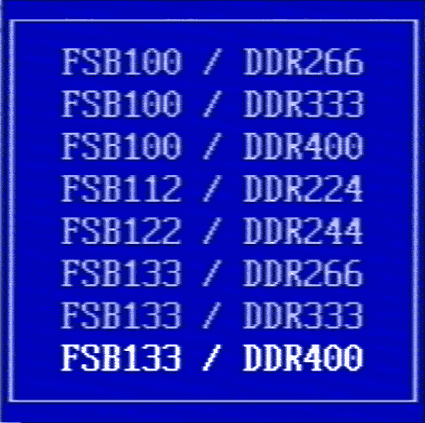Unstoppable: DDR400 vs. Rambus
Get Tom's Hardware's best news and in-depth reviews, straight to your inbox.
You are now subscribed
Your newsletter sign-up was successful
Confidential: Rambus Develops Memory Interface For SiS
Even though Rambus only markets the technology rights and does not produce its own memory modules, the company stocks still haven't sunk to the level of pennies. Ever since Intel turned away from Rambus memory, Rambus has been left searching for new possibilities to market its memory technology. A new partner for Rambus is the Taiwanese chip maker SiS, which has already made waves with its 645DX. A glance at the internal documents shows that Rambus is working on a fast memory interface for the new SiS 648 chipset for Socket 478 (Pentium 4). The well-known motherboard manufacturers are already counting on the SiS 648 chipset. A further development phase has to do with the Rambus memory itself: in a few weeks, new memory modules with a 32 bit data bus will appear on the market. These will offer an additional solution to the conventional modules with 16 bit. So not only do you get the expected boost in speed, but you only need to install one module.
The Future Of DDR: DDR400 And DDR533
Variable clock speeds with the SiS 645DX reference board.
Among the experts, DDR SDRAM technology is considered to be the one that is the most promising and has the most possibility for further development - this is proven by the numerous discussions at the most recent conventions and events. Still, there are problems regarding limited bandwidth, and above all the latency, all of which are sufficiently known, and which some users simply do not consider. DDR SDRAM is a logical continuation developed from DRAM technology, but it is by no means the final word. Also, the connection from the memory module to the chipset is critical. Only an optimized memory interface of the chipset allows for maximum performance with DDR modules. Although the first DDR400 samples are already available, in the short term there's no chipset on the market that can squeeze optimum performance out of DDR400. VIA is working on KT400, but the latency time that the validated modules will have is still unclear.
Get Tom's Hardware's best news and in-depth reviews, straight to your inbox.
Current page: Confidential: Rambus Develops Memory Interface For SiS
Prev Page Full Speed Ahead: DDR400 Vs. RDRAM (PC1200), Continued Next Page Test Setup And Details